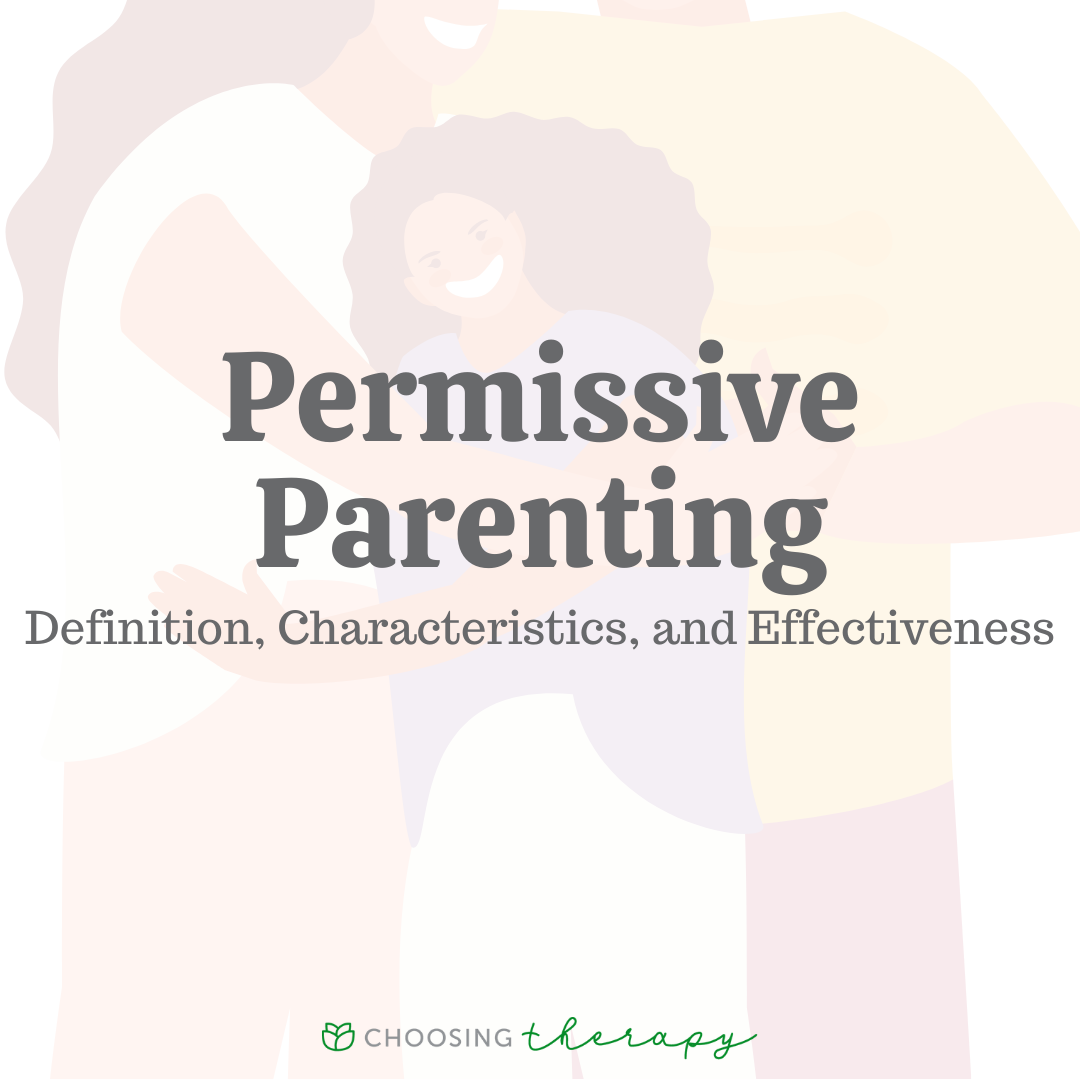Permissive parenting is a parenting style characterized by a high level of warmth and support combined with low levels of control and discipline. Unlike authoritarian or authoritative parenting https://www.parentings.us/ styles, permissive parents tend to be lenient and indulgent, placing few demands on their children and allowing them considerable freedom to make their own decisions. While this approach may seem appealing on the surface, it can have significant implications for children’s development and well-being.
Introduction to Permissive Parenting
Permissive parenting, also known as indulgent parenting, is one of the four main parenting styles identified by developmental psychologist Diana Baumrind. In contrast to authoritarian parents, who enforce strict rules and expect unquestioning obedience, and authoritative parents, who set high expectations but also provide warmth and support, permissive parents prioritize nurturing and acceptance over discipline and control.
Characteristics of Permissive Parenting
Permissive parents are typically very responsive to their children’s emotional needs and desires, often acting more like friends than authority figures. They may be hesitant to set boundaries or enforce rules, fearing that doing so could damage their relationship with their children. As a result, permissive parents may struggle to maintain consistent expectations or discipline their children effectively.
Pros and Cons of Permissive Parenting
One of the primary advantages of permissive parenting is the strong emotional bond it fosters between parents and children. By prioritizing warmth and acceptance, permissive parents create an environment where children feel valued and loved. However, this approach can also lead to issues such as a lack of self-discipline, poor decision-making skills, and difficulty coping with adversity.
Impact on Child Development
Research suggests that children raised in permissive households may struggle with self-regulation and impulse control, as they have not been taught to respect authority or follow rules consistently. This can lead to challenges in academic settings, interpersonal relationships, and eventually, the workforce. Additionally, children of permissive parents may be more prone to developing behavioral problems or engaging in risky behaviors.
How to Recognize Permissive Parenting
Permissive parenting can be identified by several key characteristics, including:
- Lack of rules or boundaries: Permissive parents may be reluctant to establish clear guidelines for behavior or enforce consequences for misbehavior.
- Overindulgence: Permissive parents may shower their children with material possessions or privileges in an attempt to win their affection or avoid conflict.
- Avoidance of conflict: Permissive parents may go to great lengths to avoid confrontation with their children, even if it means ignoring problematic behavior or failing to address underlying issues.
Alternatives to Permissive Parenting
While permissive parenting may seem appealing in the short term, it is important for parents to recognize the long-term consequences of this approach and consider alternative strategies. Authoritative parenting, which combines high levels of warmth and support with clear expectations and consistent discipline, has been shown to promote healthy child development and positive outcomes.
Finding Balance in Parenting Styles
Effective parenting involves striking a balance between warmth and control, providing children with the support they need to thrive while also setting appropriate boundaries and expectations. By fostering open communication, encouraging independence, and modeling positive behavior, parents can create a nurturing environment that promotes growth and resilience.
Tips for Transitioning Away from Permissive Parenting
Transitioning away from permissive parenting can be challenging, but it is possible with patience, consistency, and support. Some strategies for establishing firmer boundaries and promoting accountability include:
- Setting clear expectations: Clearly communicate your expectations for behavior and consequences for breaking rules.
- Consistency: Follow through on disciplinary measures consistently and fairly, without giving in to manipulation or emotional appeals.
- Seeking support: Reach out to other parents, teachers, or mental health professionals for guidance and support as you navigate the transition to a more authoritative parenting style.
Case Studies: Real-life Examples of Permissive Parenting
To better understand the impact of permissive parenting, let’s consider a few hypothetical case studies:
- Case Study 1: Sarah, a permissive parent, allows her teenage daughter to come and go as she pleases without setting curfews or asking about her whereabouts.
- Case Study 2: Mark, a permissive parent, frequently gives in to his young son’s demands for candy and toys, fearing that saying no will upset him.
- Case Study 3: Lisa, a permissive parent, avoids disciplining her children when they misbehave, believing that punishment will only damage their self-esteem.
Cultural Perspectives on Permissive Parenting
It is important to recognize that parenting styles can vary significantly across cultures, influenced by factors such as cultural norms, beliefs, and values. While permissive parenting may be more common in some cultures than others, its impact on child development remains a topic of debate among researchers and practitioners.
Addressing Common Myths about Permissive Parenting
There are several common myths and misconceptions surrounding permissive parenting, including:
- Myth 1: Permissive parents are lazy or indifferent.
- Myth 2: Permissive parenting leads to spoiled or entitled children.
- Myth 3: Permissive parents are overly permissive with all aspects of their children’s lives.
Expert Opinions on Permissive Parenting
Experts in child development and psychology offer valuable insights into the strengths and limitations of permissive parenting. While some argue that a permissive approach can foster creativity and independence, others caution against the potential negative consequences, such as a lack of self-discipline or difficulty coping with authority.
The Role of Communication in Parenting Styles
Effective communication is essential for building strong parent-child relationships and promoting healthy development. Permissive parents may excel in providing emotional support and validation but may struggle to communicate expectations or address conflict in a constructive manner. By prioritizing open dialogue and active listening, parents can create an environment where children feel safe, respected, and understood.
Long-Term Effects of Permissive Parenting
The long-term effects of permissive parenting can vary depending on individual circumstances and other factors, such as genetics, environment, and peer influences. While some children may thrive in a permissive household, others may struggle with issues such as low self-esteem, poor academic performance, or difficulties forming healthy relationships.
